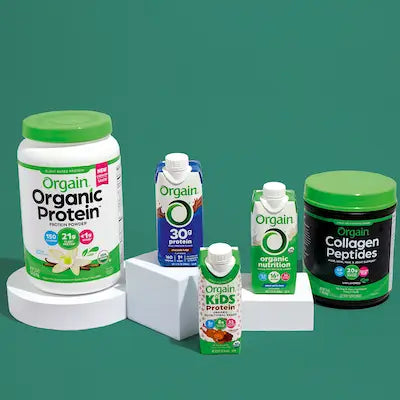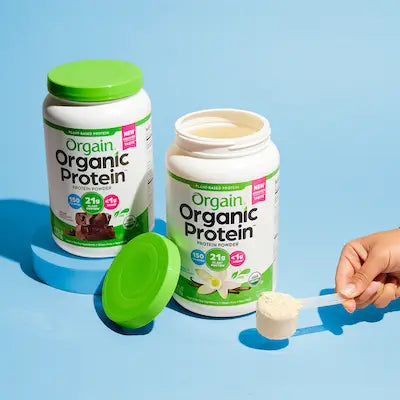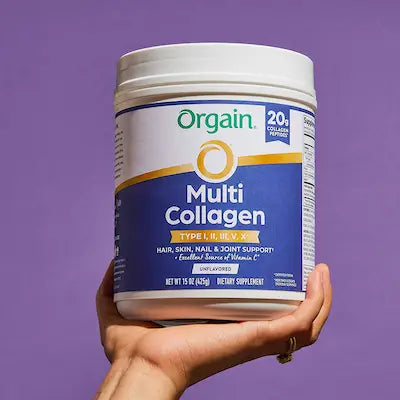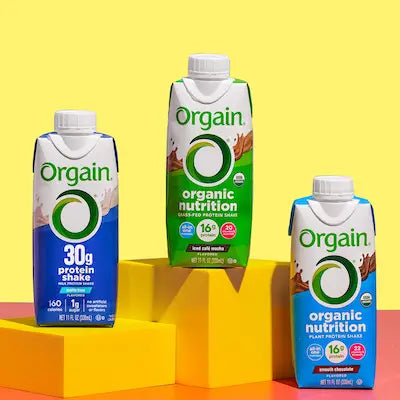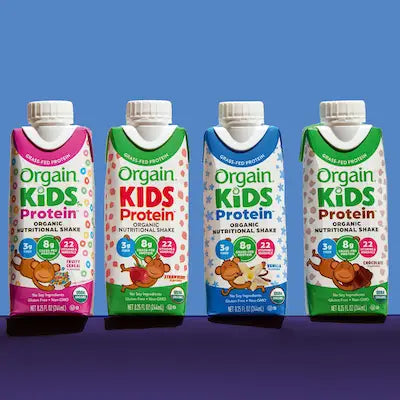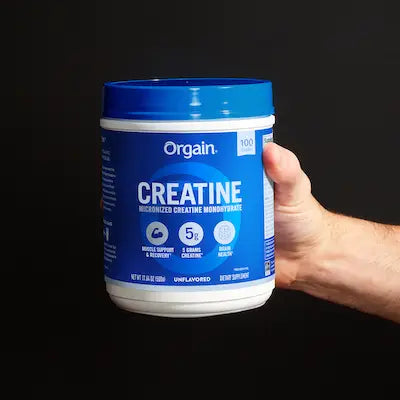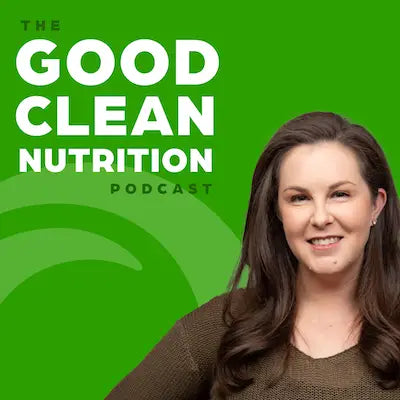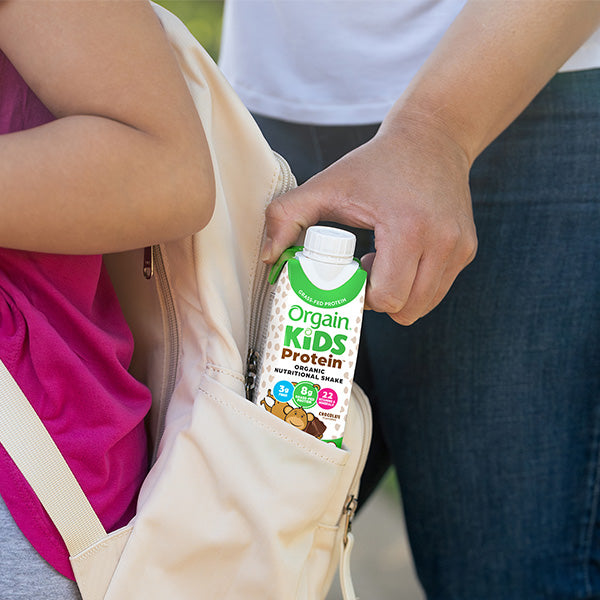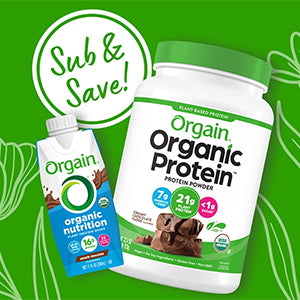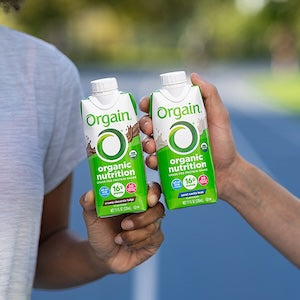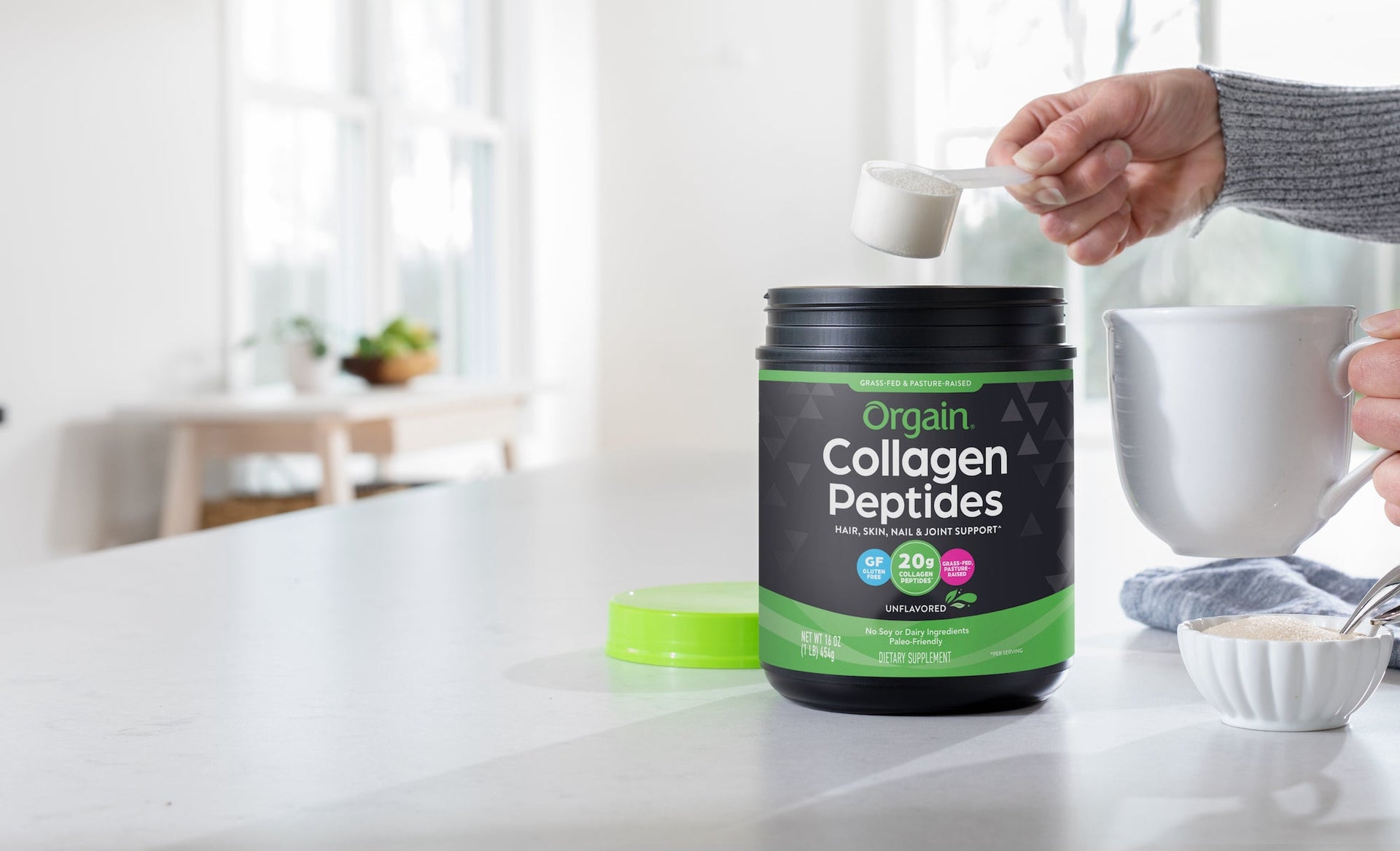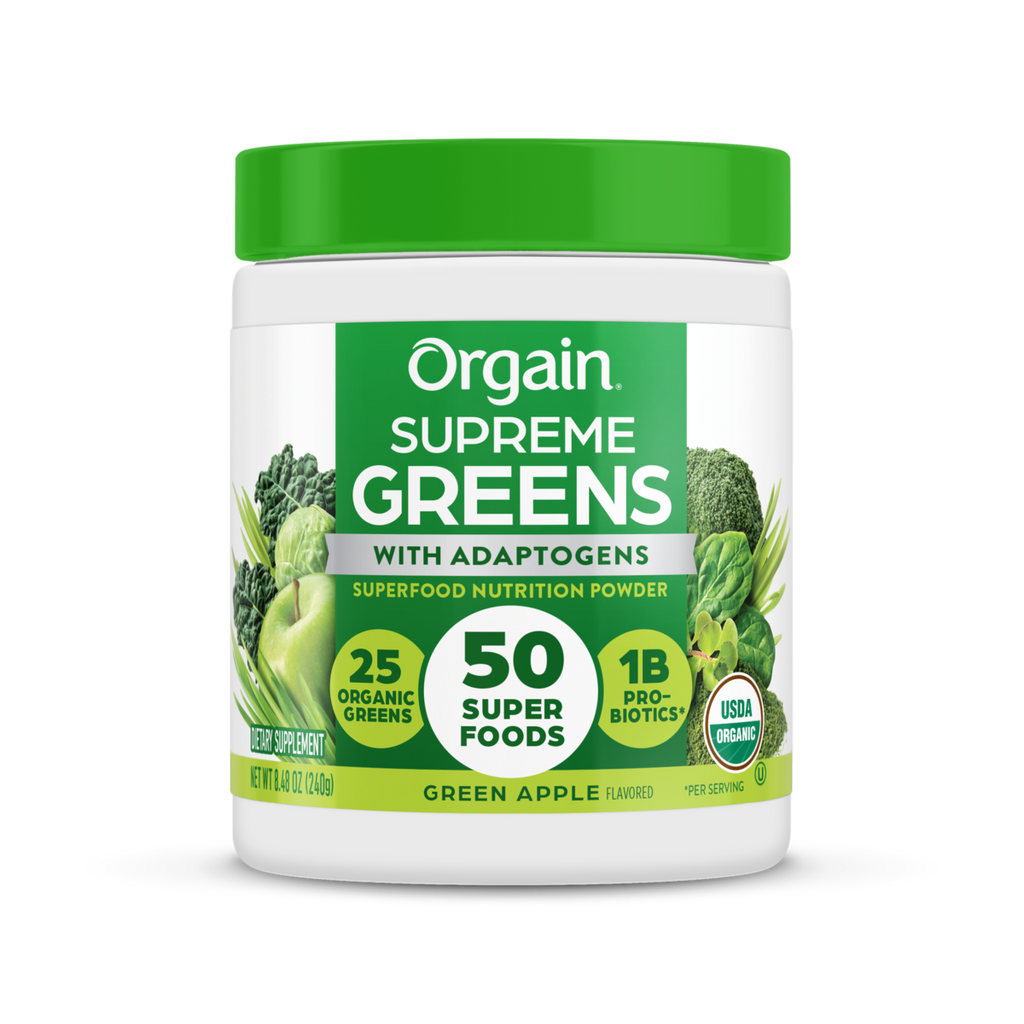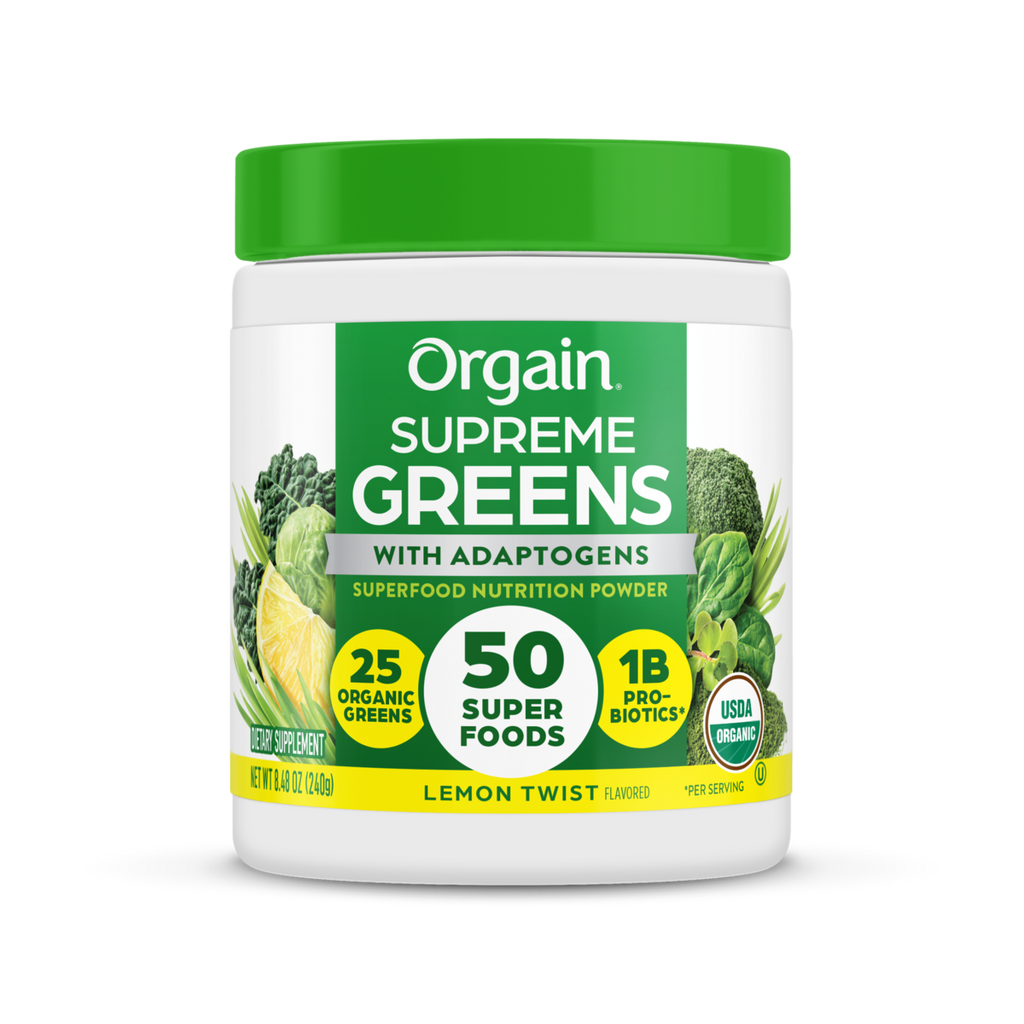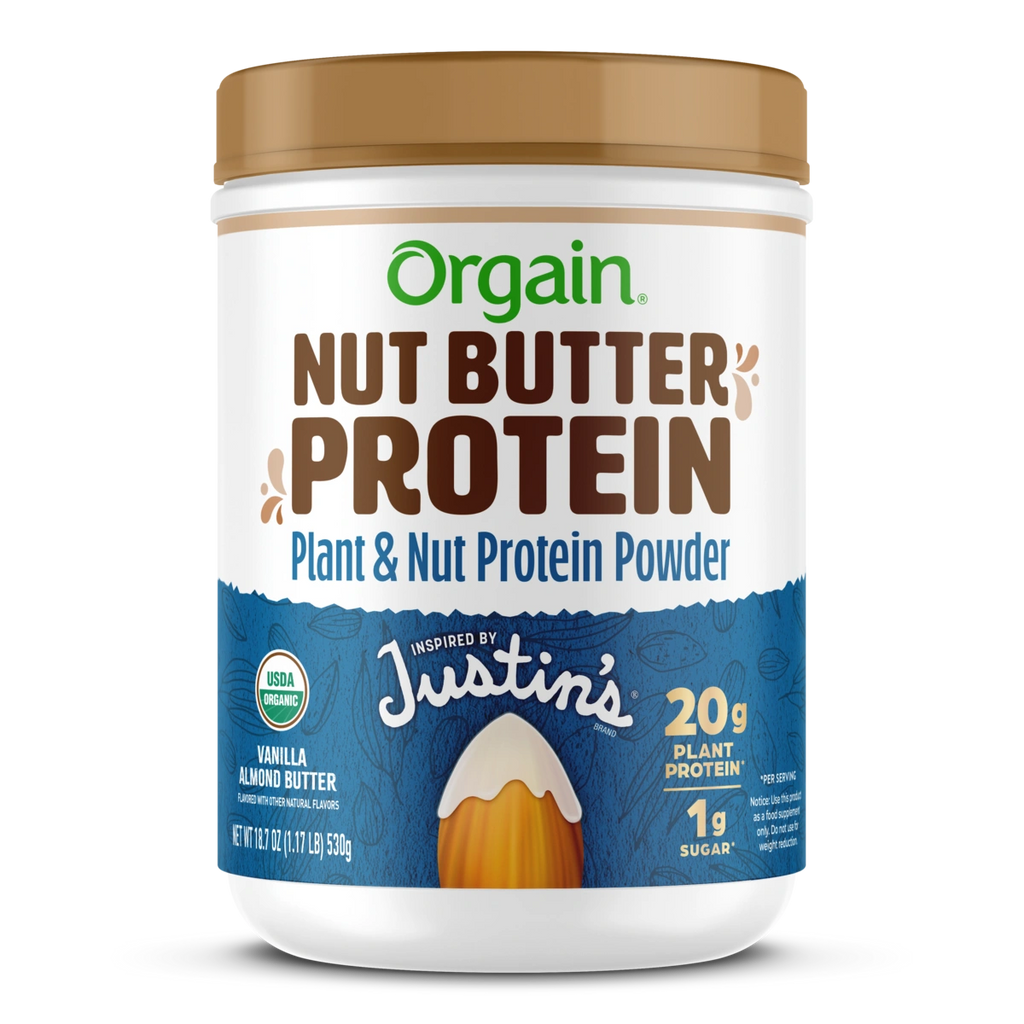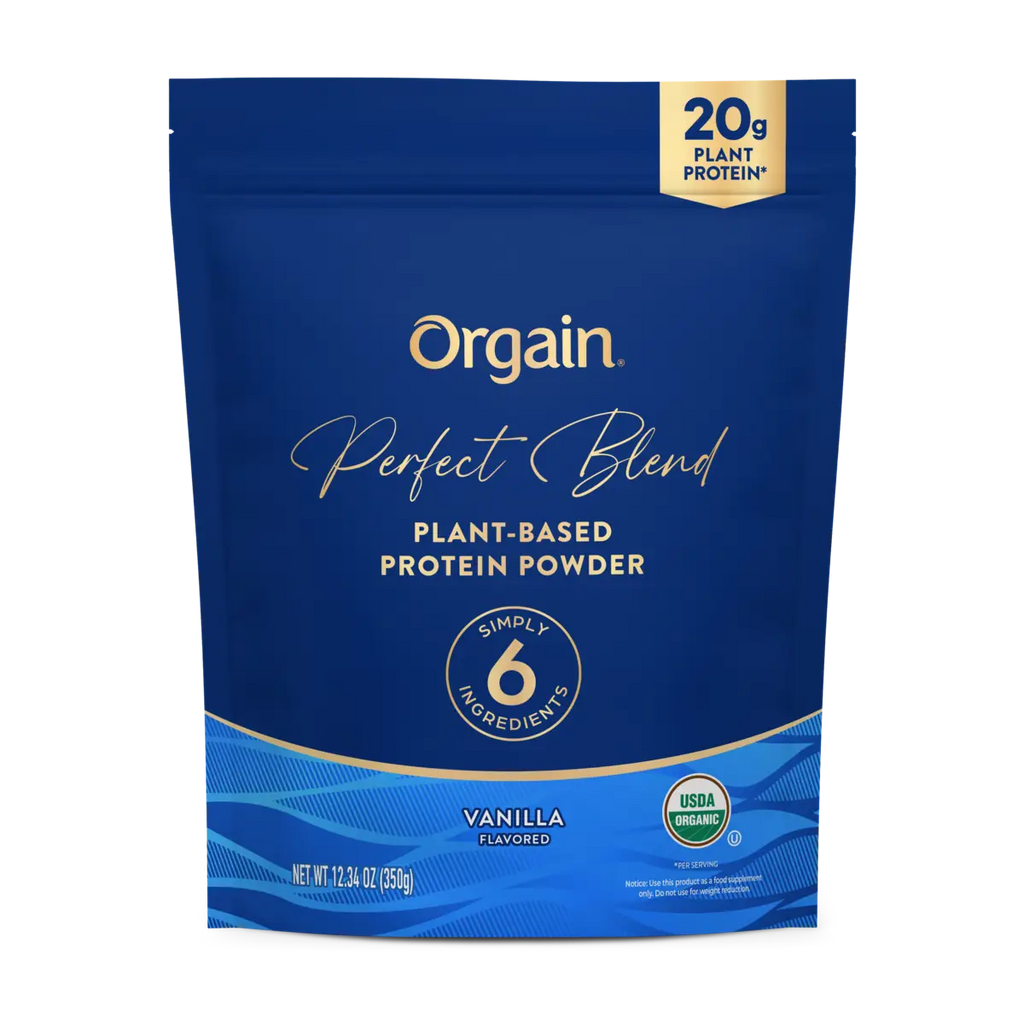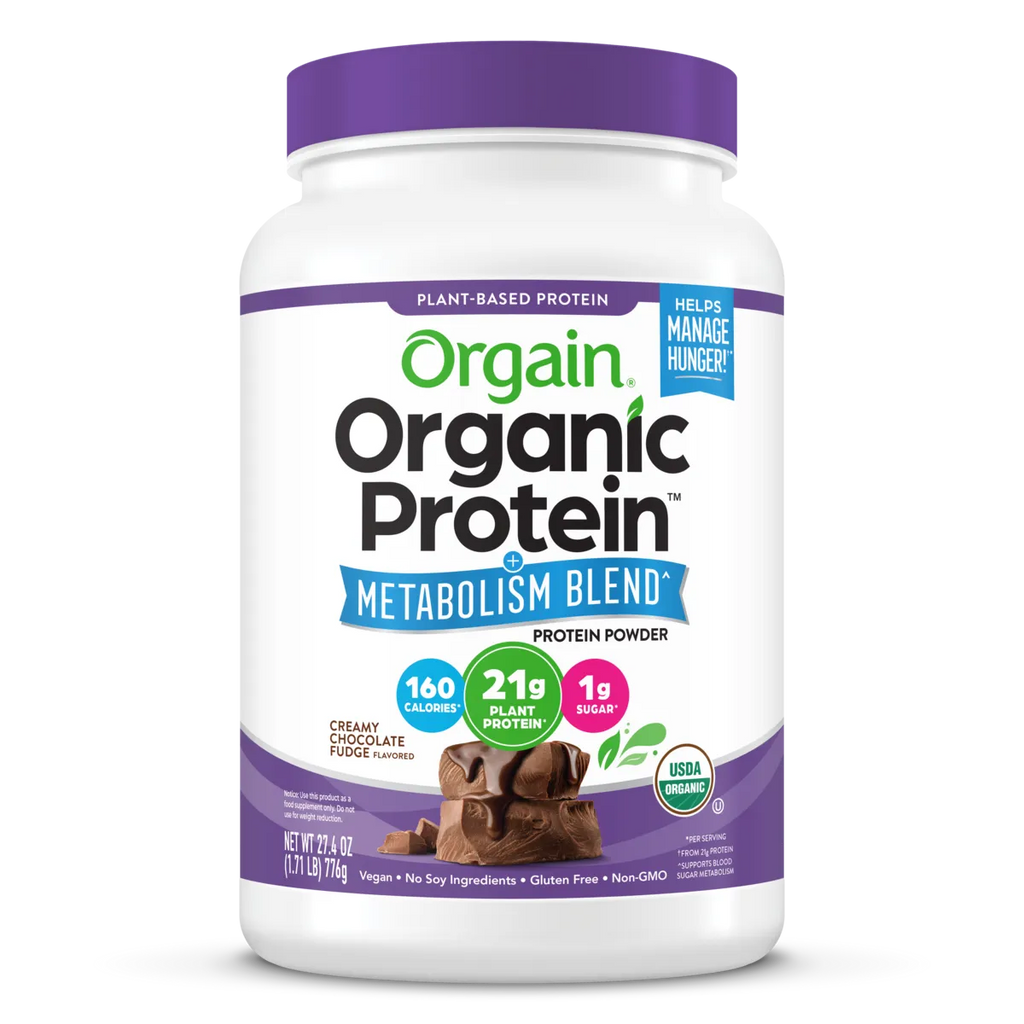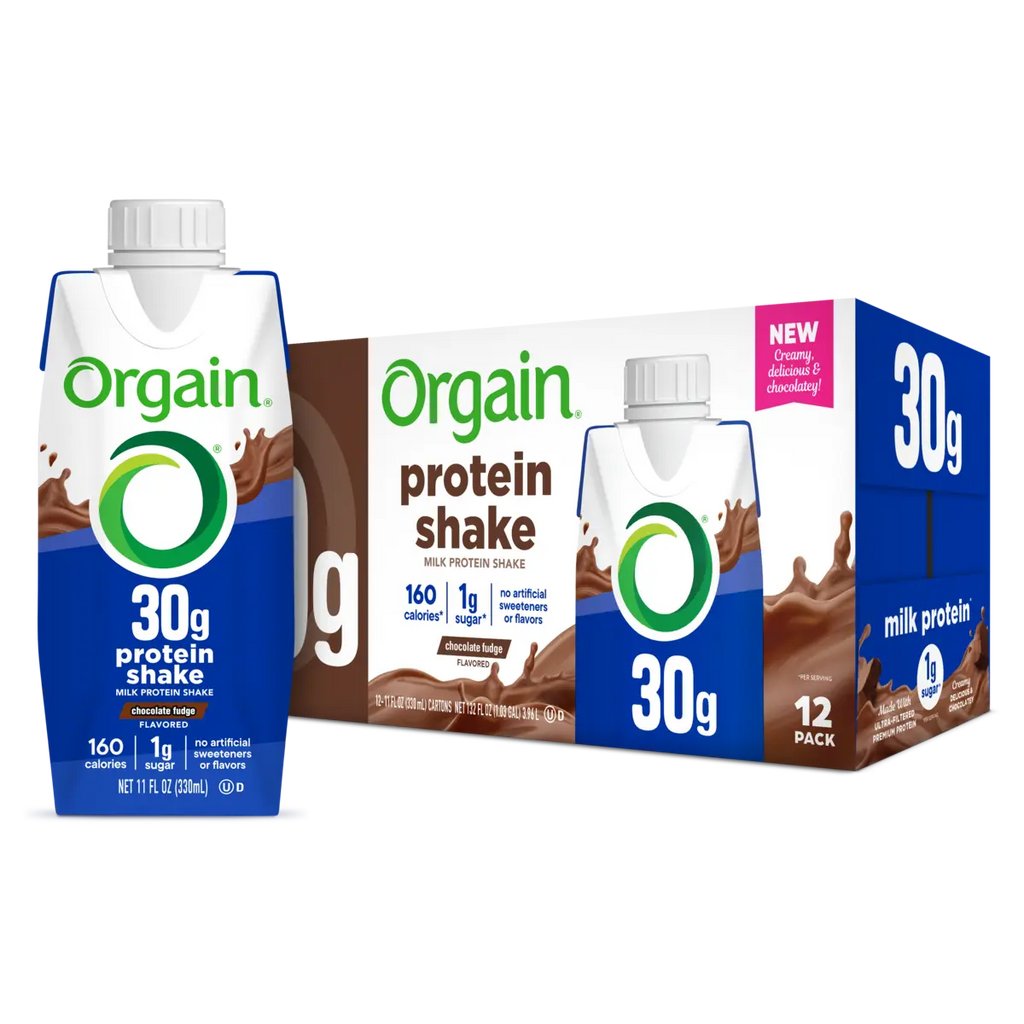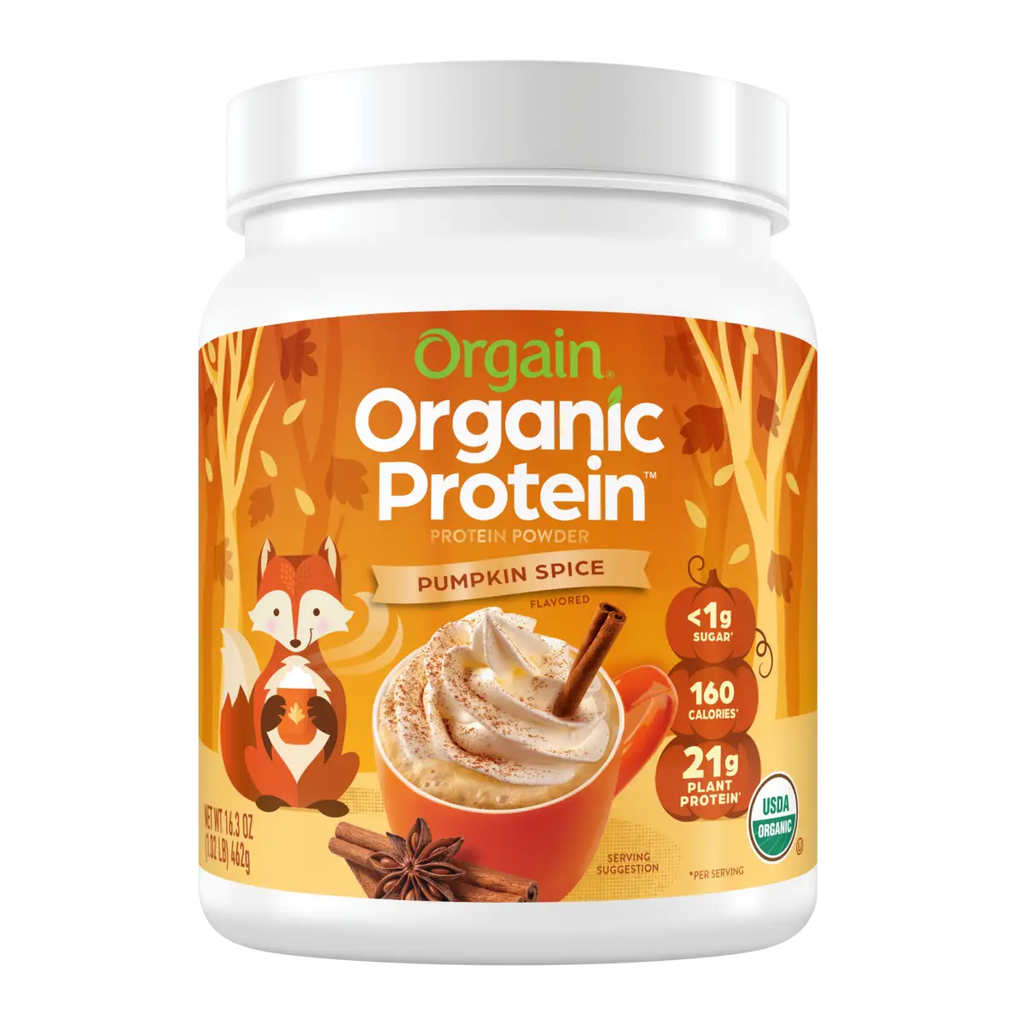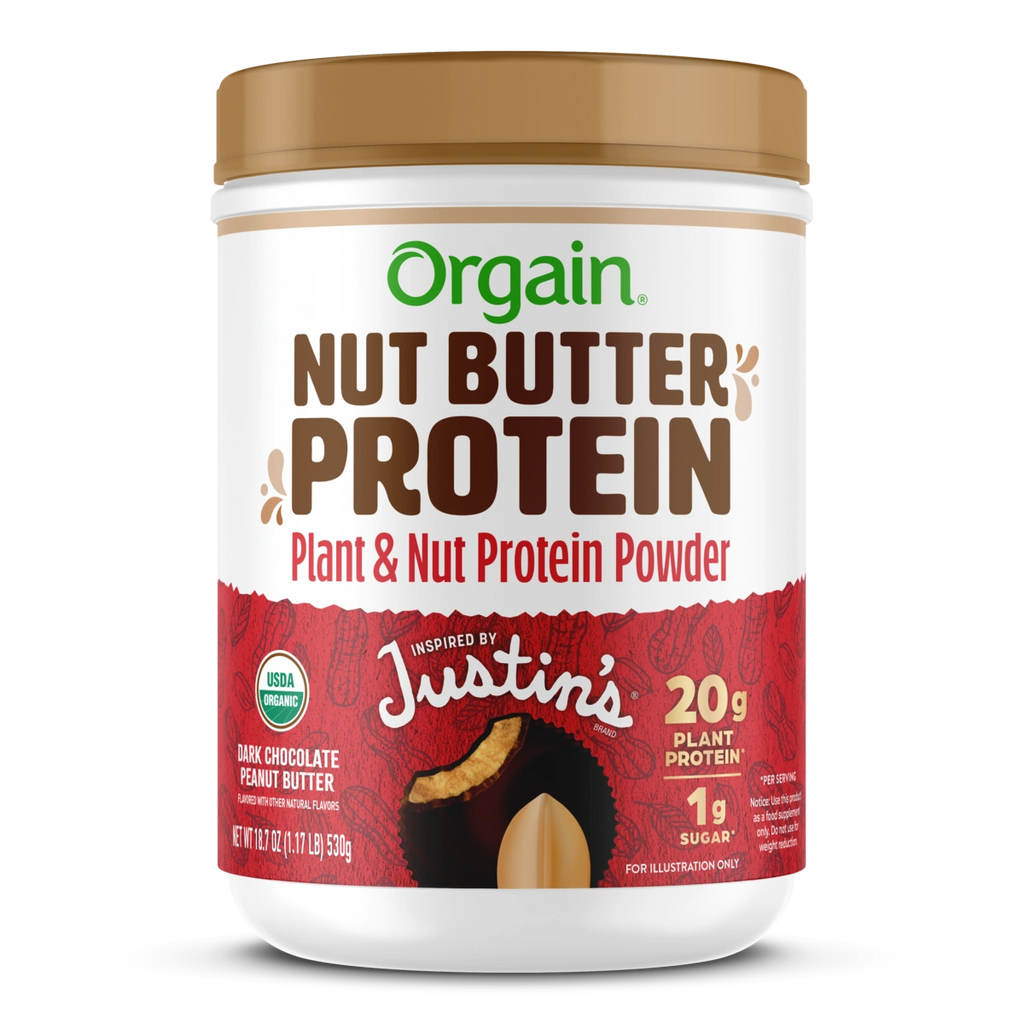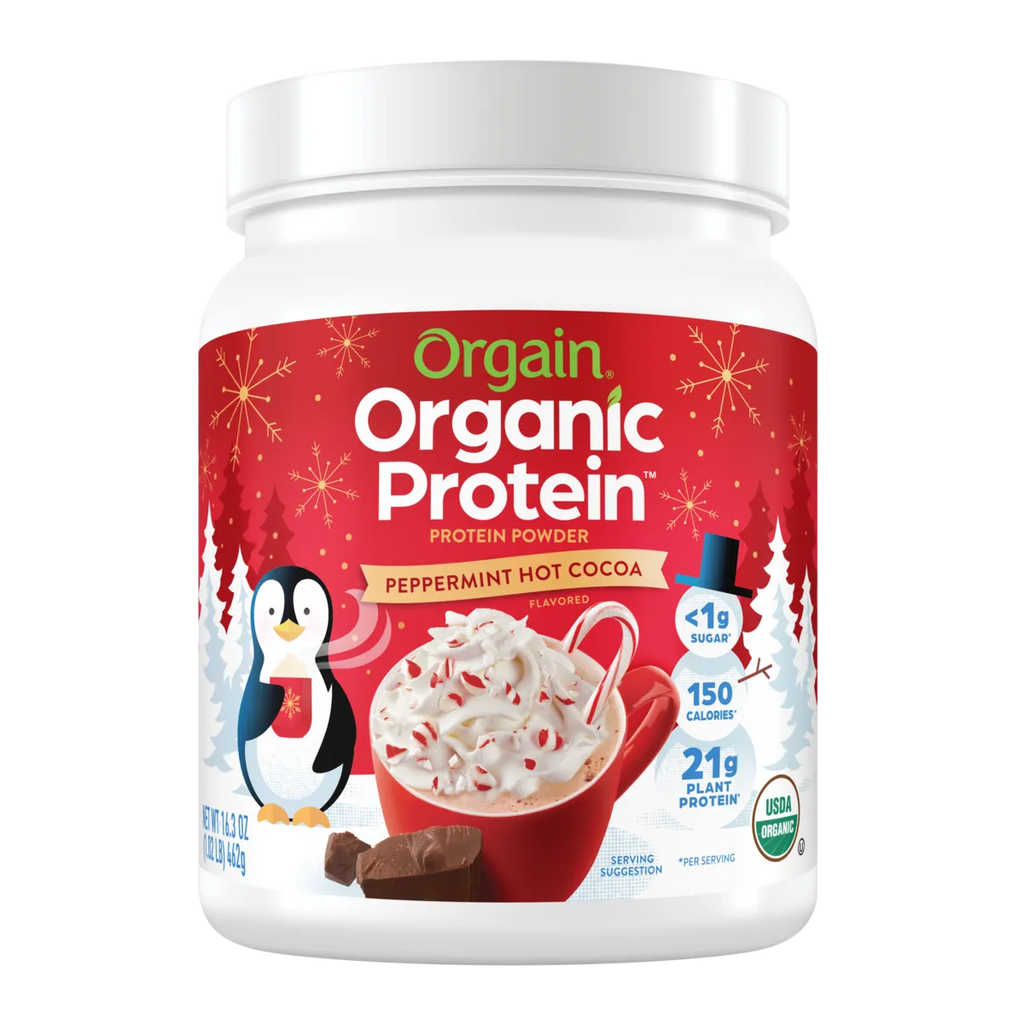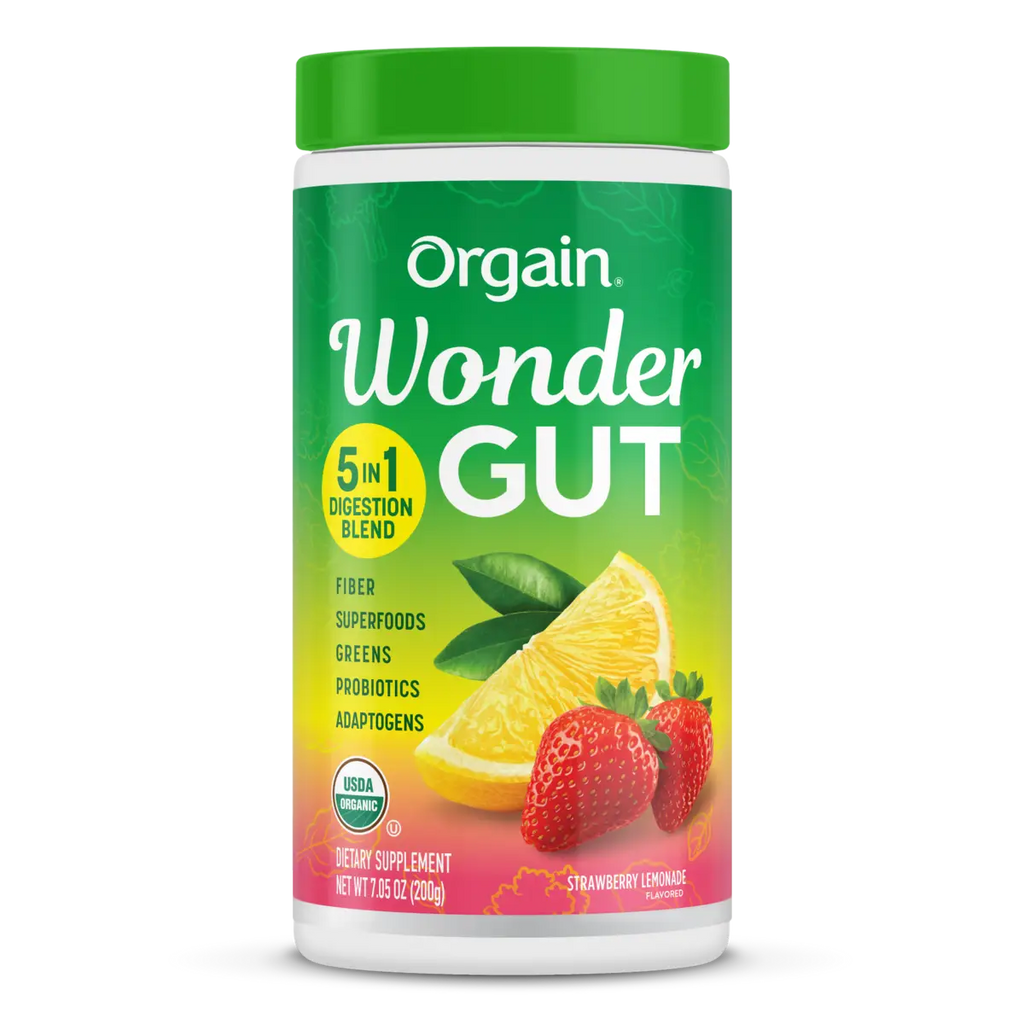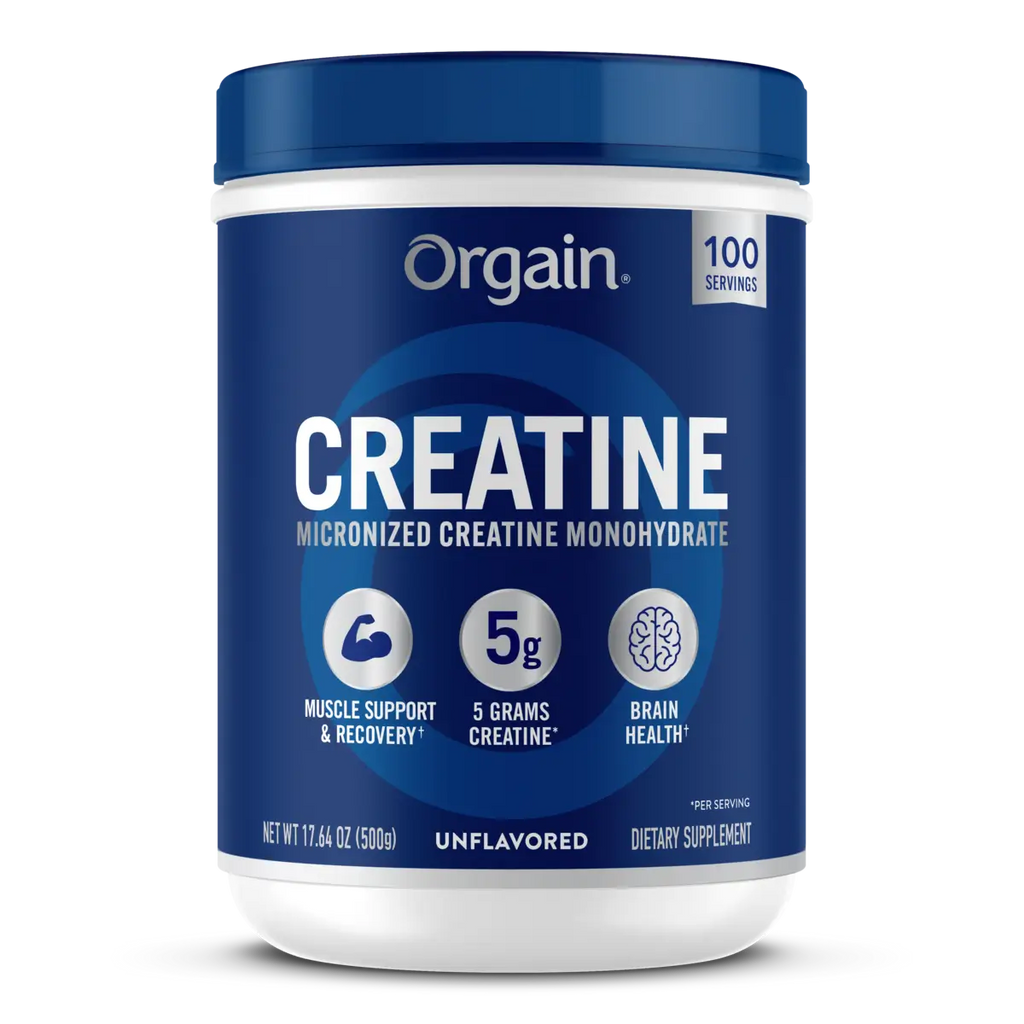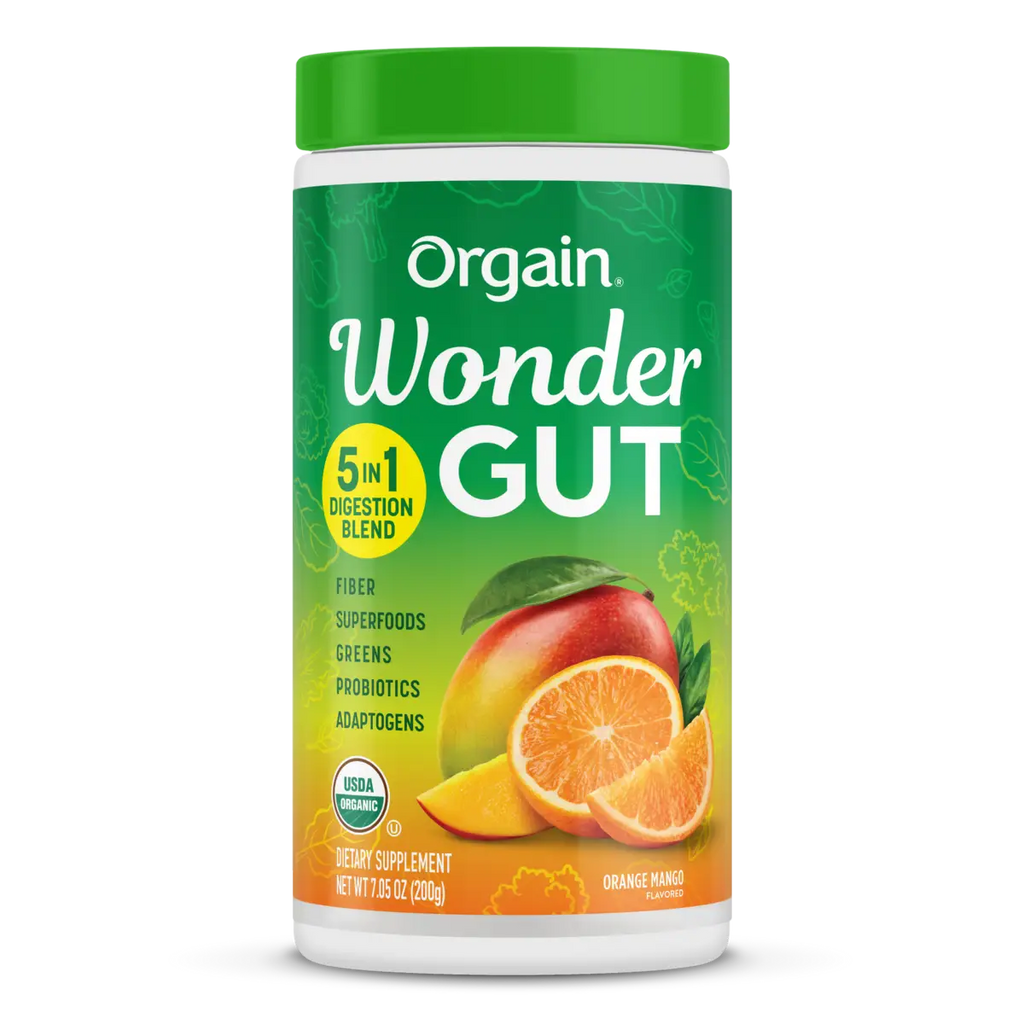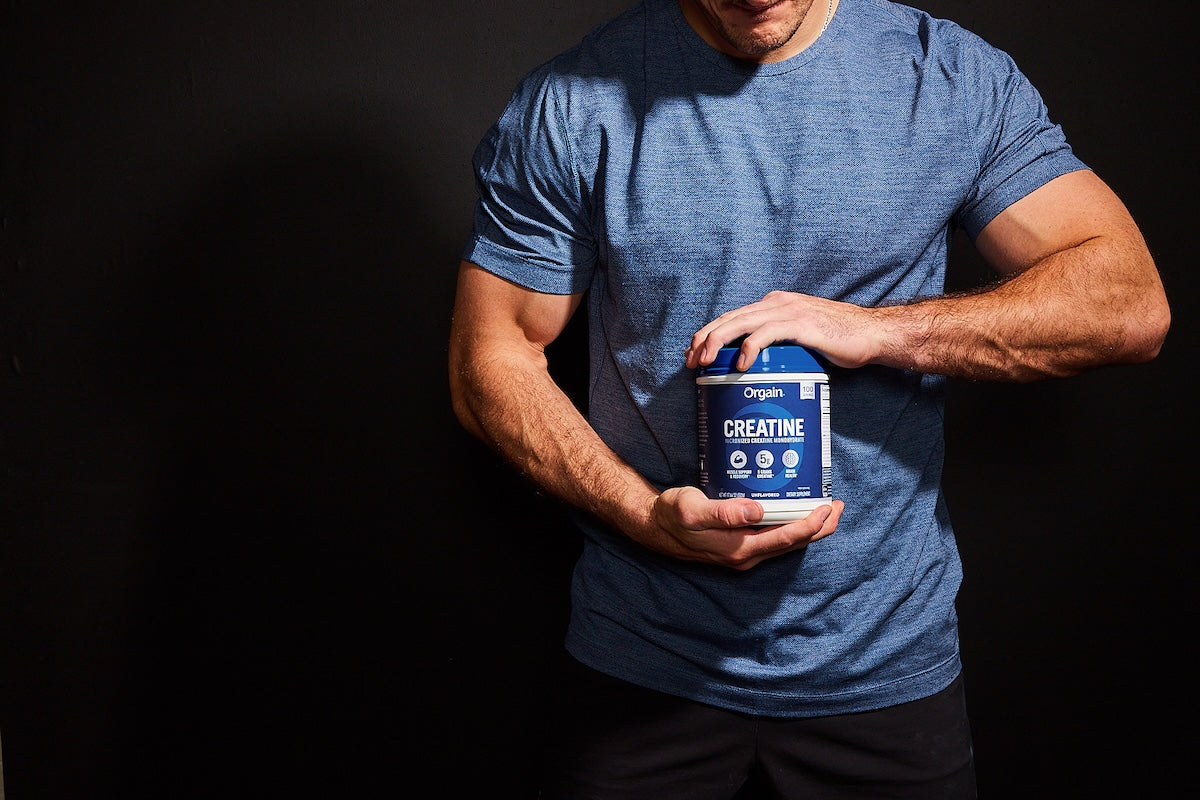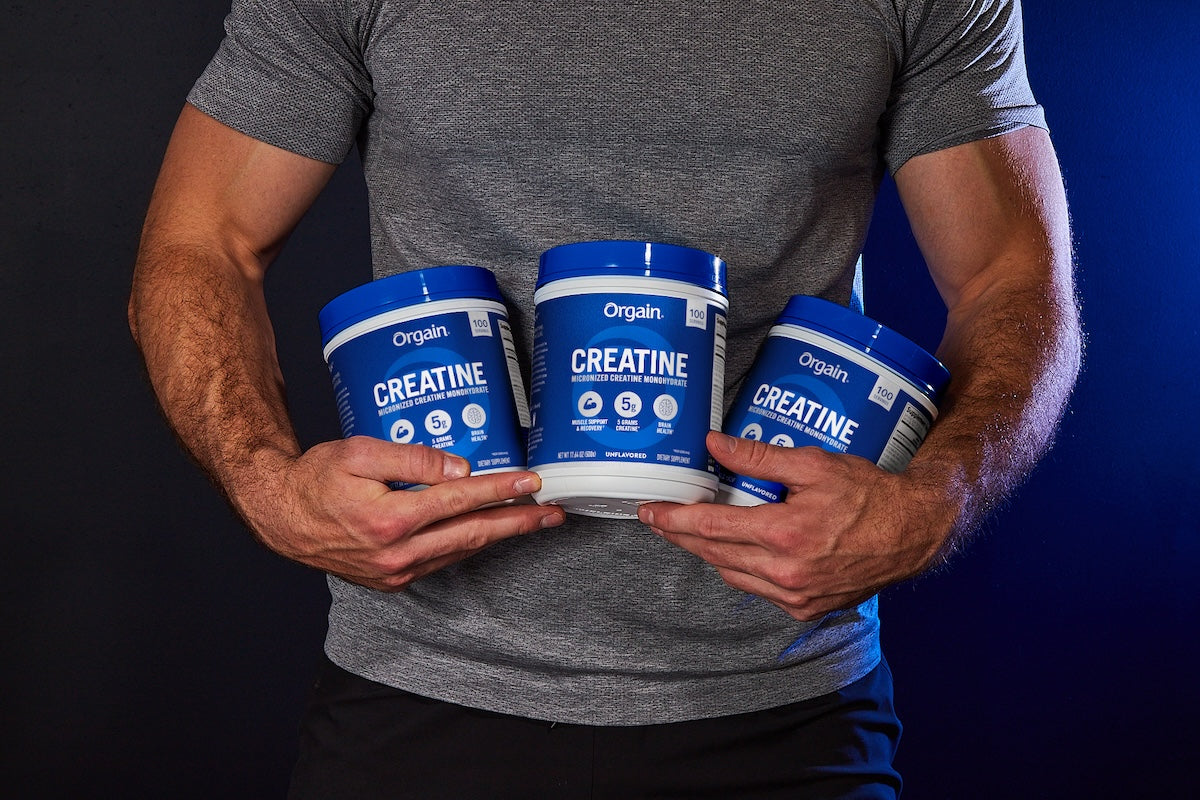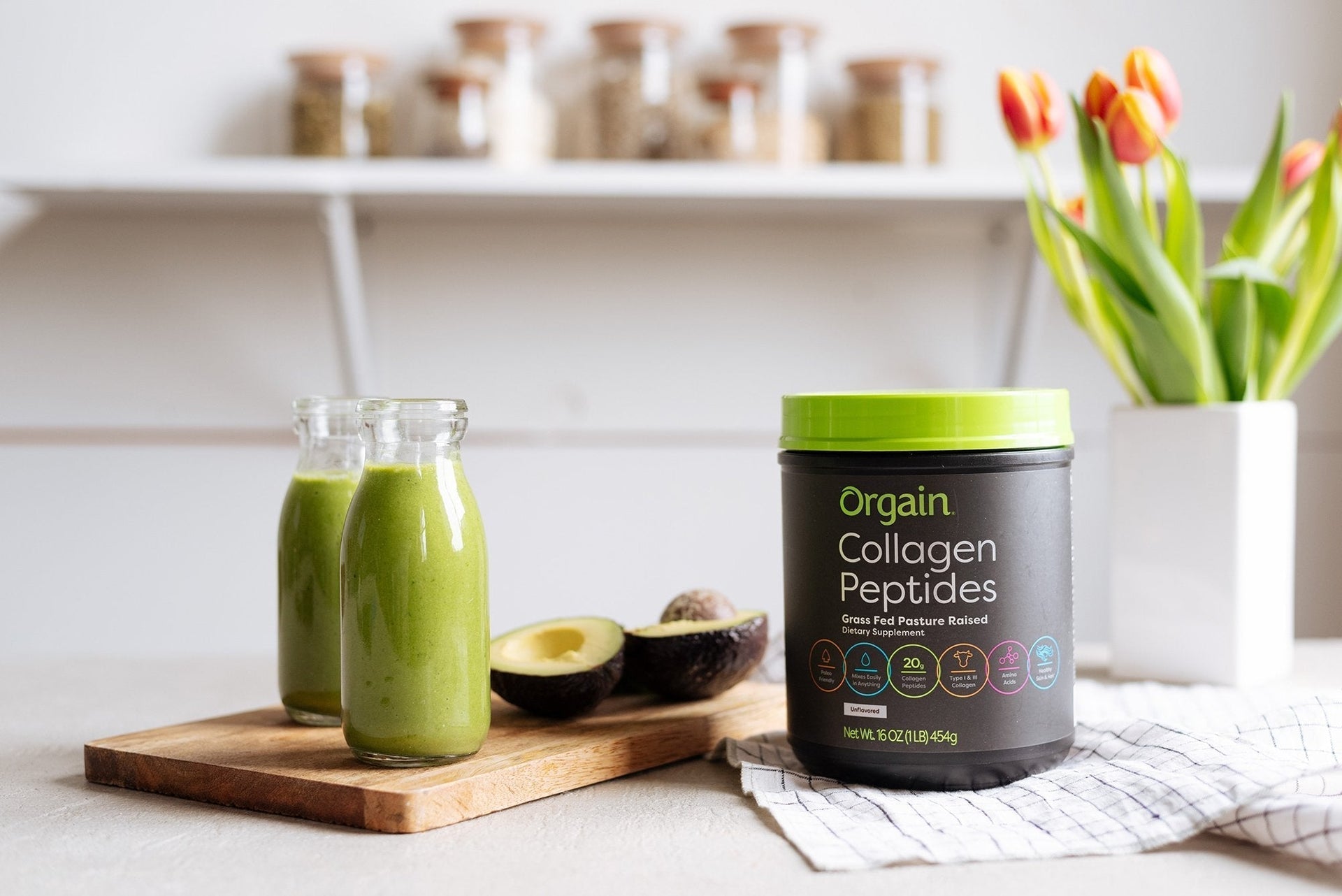If you’re concerned about the effects of aging on your body, you’ll be happy to learn that supplementing your diet with one nutrient -- bovine collagen -- can help counteract a premature decline in your health. Bovine collagen is associated with many health benefits and is easy to find and incorporate into your diet, but what are the benefits to bovine collagen?
What is collagen?
You may have heard about collagen in the context of your skin care routine, but how many people actually know what collagen actually is? Most people don’t realize that collagen is a type of protein.
In fact, collagen is the most common type of protein found in the body, accounting for about one-third of the body’s protein stores. Your body uses collagen for all sorts of important tasks, including the creation of bone, skin, muscle, tendons, and ligaments. It’s hard to find a body part that doesn’t contain collagen in some form or fashion, as the protein is also found in the blood vessels, corneas, and teeth.
Collagen is so ubiquitous in the body that you can even think of this powerhouse protein as being the glue that holds the different parts of the body together. Without it, we’d fall apart!
What is collagen’s role in the body?
Collagen is naturally produced by the body in sufficient quantities until we reach the age of about 25. From the age of about 25 on, the body gradually produces less and less collagen, which contributes to premature signs of aging that commonly appear first on the skin. In addition to producing less collagen, the body also produces lower quality collagen as we age, which is why supplementing your diet with collagen can be helpful.
There are approximately 16 different types of collagen found in the body, but there are four major types, including types I, II, III, and IV.
Each of the different types of collagen plays a slightly different role in the body.
-
Type I is the most common type of collagen in the body, making up 90 percent of the body’s collagen stores. Type I collagen consists of densely packed collagen fibers that are used to give structure to many of the strongest components of the body, including the skin, bones, fibrous cartilage, teeth, connective tissue, and tendons.
-
Type II collagen is more loosely packed than Type I collagen is found in the cartilage that provides cushion for the joints, called elastic cartilage.
-
Type III collagen is needed to support the structure of soft tissues and blood vessels, including the muscles, arteries, and organs.
- Type IV collagen helps the body filter out harmful invaders from the environment and is found in the different layers of the skin, helping to protect the body.
Because collagen is naturally produced by humans and animals alike, it is an inherently non-vegan supplement. Supplemental collagen is primarily derived from two different sources: bovine collagen and marine collagen.
What is bovine collagen?
As noted above, collagen must be derived from animal sources, the two most common of which are bovine collagen and marine collagen. Bovine collagen can come from a number of species, including yak, bison, antelope, and water buffalo, but the vast majority of bovine collagen is derived from cows.
While collagen itself is associated with many different health benefits, bovine collagen has different health benefits than marine collagen because it is derived from a different source. Studies show that bovine collagen increases the amount of collagen types I and III in the body, while marine collagen increases the amount of collagen types I and II.
In order to obtain collagen from a bovine source, cow bones or other byproducts from the animal are boiled in water and the collagen is extracted in a liquid form. Once the collagen has been removed, it is dried and then put into a powdered form for inclusion in a capsule or use as a powder. Bovine collagen has unique benefits compared to marine collagen and is perhaps best known for its effects on reducing signs of aging on the skin.
Benefits of Bovine Collagen
Supplementing your diet with collagen is increasingly important as you age because your body naturally produces lower quality collagen and less collagen in general over time. Dropping levels of collagen are one of the many reasons we begin to notice signs of aging. However, age isn’t the only thing that impacts your collagen production; your lifestyle also plays a role. Smoking cigarettes, eating excess sugar or refined carbohydrates, and spending too much time in the sun without sunscreen also decrease the amount of collagen that your body produces. Supplementing your diet with bovine collagen can help counteract many of the side effects caused by dropping collagen production, but living a healthy lifestyle is also important.
> Supports Joint Health
One of the most uncomfortable parts of aging can be decline in joint health that occurs as the cartilage that protects the ends of the bones begins to deteriorate as we age due to a decline in collagen.
Both human and animal studies have shown that collagen supplementation has the potential to support joint health.
A human study found that participants who were given five grams of bovine collagen twice daily had shown positive effects in their overall joint health.
> Keeps You Looking Younger for Longer
If preventing premature signs of aging is important to you, bovine collagen is one of the best dietary supplements that you can use. Bovine collagen supplements increase the amount and quality of collagen in the skin, which helps to reduce the appearance of fine lines and wrinkles. Although it does not appear that bovine collagen supplements increase the skin’s moisture content, they have been shown to support the elasticity of the skin, amount of collagen, strength of the collagen fibers, and level of antioxidant activity.
> Supports Bone Health
Loss of bone mineral density and the corresponding decline in bone strength that occurs as we age can be dangerous, as it increases your risk of experiencing bone fractures. Because collagen plays a critical role in the formation of bone, bovine collagen may help people to retain bone strength and prevent a loss of bone mineral density. Because the loss of bone density increases as we age, collagen supplementation becomes increasingly important the older that we get, because osteoporosis becomes more likely with age.
Summary
Bovine collagen has numerous health benefits, including helping to reduce premature signs of aging, retain bone strength, and improve joint health. Bovine collagen increases the amount and quality of Type I and Type III collagen, which decline in amount and quality as we age. It’s easy to add bovine collagen to your diet by simply adding a scoop of Orgain’s Grass Fed Pasture Raised Collagen to your favorite beverages or foods!
Sources:
https://www.healthline.com/nutrition/bovine-collagen
https://www.healthline.com/nutrition/collagen
https://www.ncbi.nlm.nih.gov/pmc/articles/PMC4278207/
